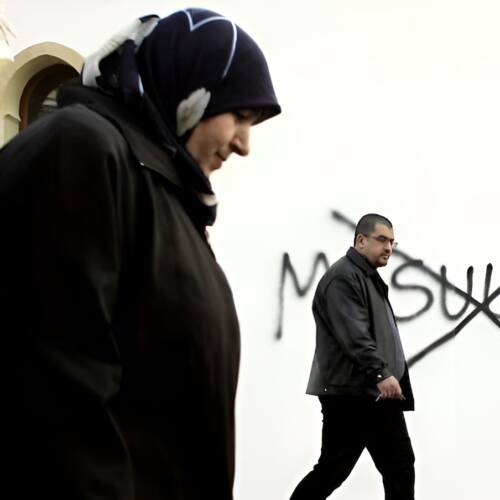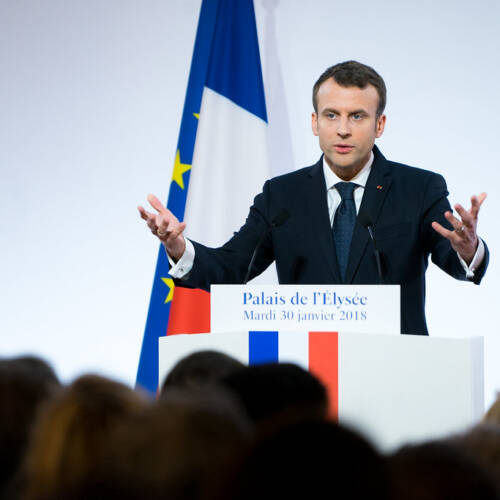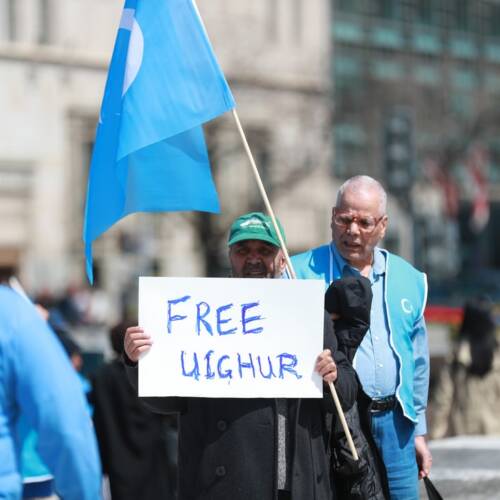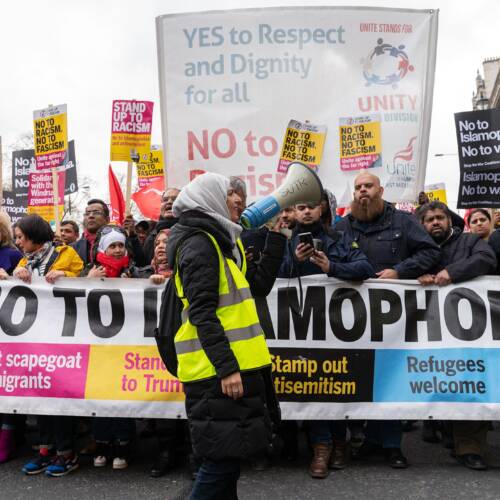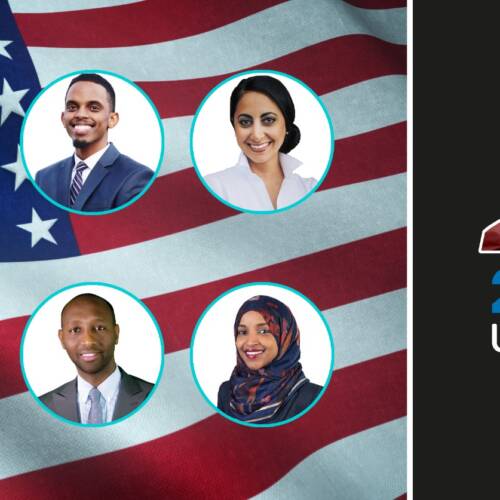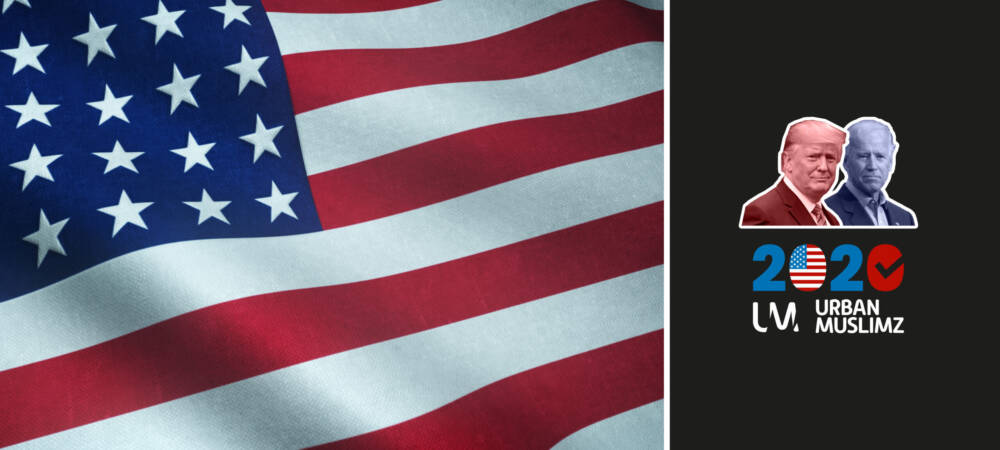
Trump’s Anti-Muslim Policies Are A Taste of What’s to Come
02 Nov 2020The upcoming US elections have not left us short on things to discuss. From nearly going to war with several countries to blatant corruption and nepotism, the erratic handling of the coronavirus crisis to resorting to increasingly far-right rhetoric, Trump certainly gave folks plenty of crises to rally against.
Despite the state of American politics – and the wider world of course – that is keeping us occupied, it is surprising that one of Trump’s signature policies in the aftermath of the 2016 election is not receiving as much attention today – that is the so-called “Muslim Ban”.
In a sense this is unsurprising. After all, the US House of Representatives signed the NO BAN Act back in July, reversing the order that banned entry to immigrants of mostly Muslim-majority countries.
However, the fact that ban has been overturned, the damage it caused should not be ignored, nor should the fact that the people who pushed for the ban and those who supported it have not changed their minds.
The ban is a perfect representation of how Trump views America, the wider world and especially Muslims. It is also a taste of what the world should expect should he be elected for another four years. It is important to remember the roots of the ban and the very real impact it had on people if voters are to recognise the importance of challenging such similar laws and bills in the future.
Trump’s Supporters Denied the Ban Was Islamophobic
Perhaps one of the few things voters need to dissect about the Muslim Ban is the question of whether it was rooted in Islamophobia. Many of Trump’s supporters denied that the ban was Islamophobic in nature.
Some said that the ban covered only a limited number of Muslim countries, namely, Iran, Libya, Somalia, Syria and Yemen, and were justified on grounds of national security. This is understandable, given that Libya, Somalia, Syria and Yemen have been wracked with instability and terrorism while Iran is a country ideologically and geopolitically hostile to the US.
Similarly, the ban also covered two non-Muslim countries, including all North Koreans as well as political officials from Venezuela. Again, both of these countries have hostile relations with the US.
Conversely, some of the more notable Muslim countries, such as Turkey, Saudi Arabia or Indonesia, were not included, bolstering supporters’ claims that the ban was not Islamophobic.
Indeed, even the relatively-few Muslim supporters of Trump supported the ban on these grounds, claiming that the “Muslim Ban” had been blown out of proportion by the media.
However, let us not forget that the “Muslim Ban” was a centrefold of Trump’s election campaign in 2016 and, before it was watered down to include only a limited number of countries, was intended to literally end the entry of all Muslims to the US even as he claimed to “love all Muslims.”
During these debates, Trump had also called on for a “Muslim database” to track all Muslims in the US while continuing to spread all sorts of fake news about Muslims celebrating the September 11 attacks.
Furthermore, neither North Koreans, nor Venezuelan politicians, are frequent travellers to the US to begin with, meaning the inclusion of these two non-Muslim countries only serve as the exceptions that prove the rule, that those disproportionately impacted by the ban were Muslims.
Furthermore, even with the watered down version, the law ensured that the entry of Muslims, especially as refugees, would be severely curtailed. The law ensured that Muslim refugees, which Trump once called a “Trojan horse” designed to bring down America, had their admissions cut down by 91%.
Trump got what he wanted and the question of whether all Muslim countries are covered under the ban or not became irrelevant.
Furthermore, in the aftermath of the ban, the numbers of Muslims who receive visas to enter the US has gone down in general. This is in contrast to visas granted to non-Muslims, which remained unchanged.
Thousands of Lives Interrupted
Through it all, those who have suffered have been ordinary individuals with no ties to international politics. In the three years since the travel ban was implemented, we’ve seen ordinary students unable to return to their schools in the US or those who were forced to remain separate from their families abroad during the holidays.
Furthermore, it was not just citizens of these countries caught under the ban. One of them was Nadhim Zahawi, a Conservative MP born in Iraq. Despite being a British citizen and a Member of Parliament, Zahawi was barred from visiting his children who were university students in the US.
Given that British Muslims have been subject of discriminatory treatment in US airports even before Trump, it is no surprise that the situation has gotten worse for Muslims travellers as a whole.
Voted should not be fooled by the way the ban has been framed from seeing what it was. And should Trump be re-elected, they should expect many more of the same.






